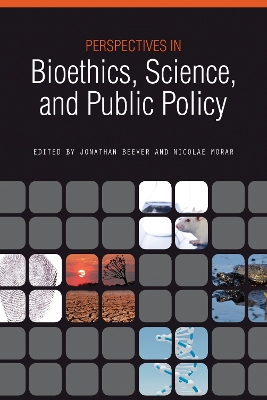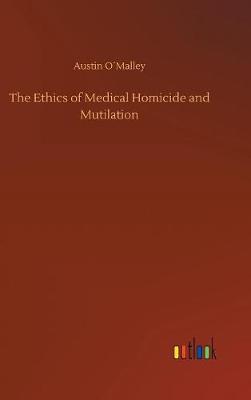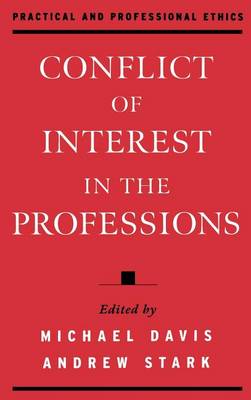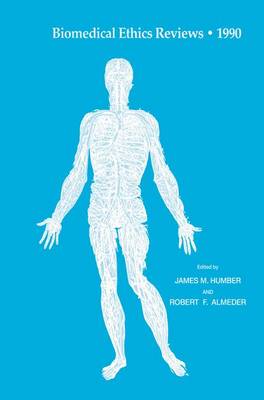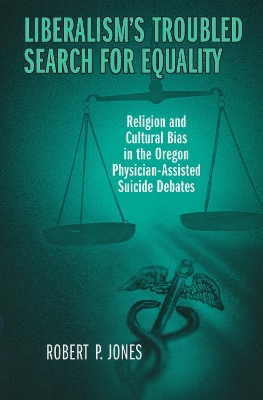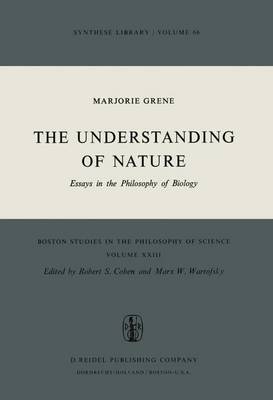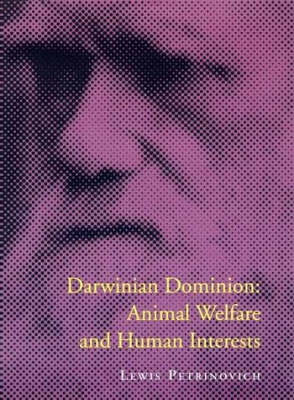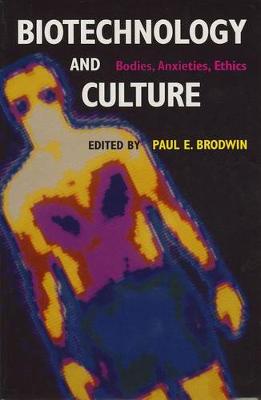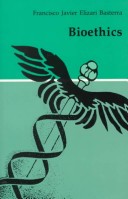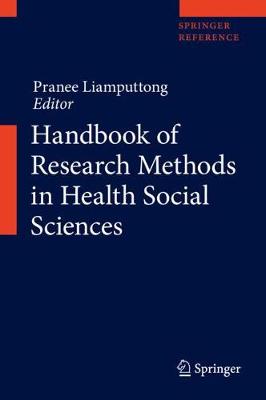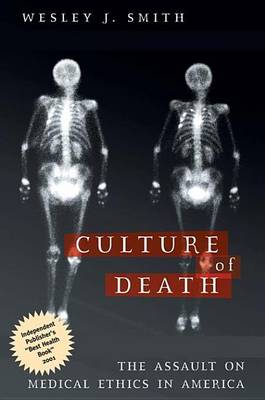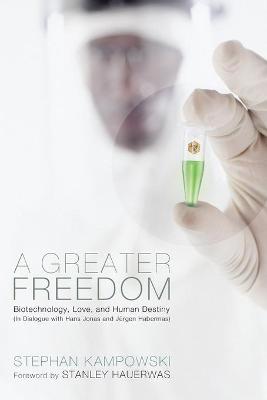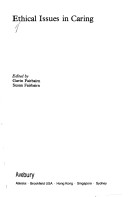Perspectives in Bioethics, Science, and Public Policy
In this book, nine thought-leaders engage with some of the hottest moral issues in science and ethics. Based on talks originally given at the annual “Purdue Lectures in Ethics, Policy, and Science,” the chapters explore interconnections between the three areas in an engaging and accessible way. Addressing a mixed public audience, the authors go beyond dry theory to explore some of the difficult moral questions that face scientists and policy-makers every day. The introduction presents a theoreti...
A leading geneticist explores what promises to be one of the most transformative advances in health and medicine in history Almost every week, another exciting headline appears about new advances in the field of genetics. Genetic testing is experiencing the kind of exponential growth once seen with the birth of the Internet, while the plummeting cost of DNA sequencing makes it increasingly accessible for individuals and families. Steven Lipkin and Jon Luoma posit that today’s genomics is like...
The Ethics of Pregnancy, Abortion and Childbirth (Routledge Annals of Bioethics)
by Helen Watt
The Ethics of Pregnancy, Abortion and Childbirth addresses the unique moral questions raised by pregnancy and its intimate bodily nature. From assisted reproduction to abortion and ‘vital conflict’ resolution to more everyday concerns of the pregnant woman, this book argues for pregnancy as a close human relationship with the woman as guardian or custodian. Four approaches to pregnancy are explored: ‘uni-personal’, ‘neighborly’, ‘maternal’ and ‘spousal’. The author challenges not only the view t...
Bioethics, Genetics and Sport (Ethics and Sport)
by Silvia Camporesi and Mike McNamee
Advances in genetics and related biotechnologies are having a profound effect on sport, raising important ethical questions about the limits and possibilities of the human body. Drawing on real case studies and grounded in rigorous scientific evidence, this book offers an ethical critique of current practices and explores the intersection of genetics, ethics and sport. Written by two of the world's leading authorities on the ethics of biotechnology in sport, the book addresses the philosophica...
Conflict of Interest in the Professions (Practical and Professional Ethics)
Conflicts of interest pose special problems for the professions. Even the appearance of a conflict of interest can undermine essential trust between professional and public. This volume is a comprehensive and accessible guide to the ramifications and problems associated with important issue. It contains fifteen new essays by noted scholars and covers topics in law, medicine, journalism, engineering, financial services, and others.
Biomedical Ethics Reviews * 1990 is the eighth volume in a series of texts designed to review and update the literature on issues of central importance in bioethics today. Two topics are discussed in the present volume: (1) Should the United States Adopt a National Health Insurance Plan? and (2) Are the NIH Guidelines Adequate for the Care and Protection of Laboratory Animals? Each topic constitutes a separate section in our text; introductory essays briefly summarize the contents of each sectio...
In Liberalism's Troubled Search for Equality, Robert P. Jones presents a penetrating examination of physician-assisted suicide that exposes unresolved tensions deep within liberal political theory. Jones asks why egalitarian liberal philosophers-most notably, Ronald Dworkin and John Rawls-support legalized physician-assisted suicide in direct opposition to groups of disadvantaged citizens they theoretically champion. Jones argues that egalitarian liberals ought to oppose physician-assisted suici...
The Understanding of Nature (Boston Studies in the Philosophy and History of Science, #23)
by Marjorie Grene
No student or colleague of Marjorie Grene will miss her incisive presence in these papers on the study and nature of living nature, and we believe the new reader will quickly join the stimulating discussion and critique which Professor Grene steadily provokes. For years she has worked with equally sure knowledge in the classical domain of philosophy and in modern epistemological inquiry, equally philosopher of science and metaphysician. Moreover, she has the deeply sensible notion that she shoul...
The Human Use of Animals
The first set of case studies on animal use, this volume offers a thorough, up-to-date exploration of the moral issues related to animal welfare. Its main purpose is to examine how far it is ethically justifiable to harm animals in order to benefit mankind. An excellent introduction provides a framework for the cases and sets the background of philosophical and moral concepts underlying the subject.Sixteen original, previously unpublished essays cover controversies associated with the human use...
Emerging Conceptual, Ethical and Policy Issues in Bionanotechnology (Philosophy and Medicine, #101)
Nanobiotechnology is the convergence of existing and new biotechnology with the 1 ability to manipulate matter at or near the molecular level. This ability to manipulate matter on a scale of 100 nanometers (nm) or less is what constitutes the nanotechnology revolution occurring today, the potentially vast economic and social implications of which are yet to be fully understood (Royal Society, 2004). The most immediate way to understand the implications of nanobiotechnology for ethics is to consi...
Darwinian Dominion (Bradford Books) (Darwinian Dominion)
by Lewis Petrinovich
The controversial subject of this book is the permissible use of animals by humans. Lewis Petrinovich argues that humans have a set of cognitive abilities, developing from a suite of emotional attachments, that make them unique among species. Although other animals can think, suffer, and have needs, the interests of members of the human species should triumph over comparable interests of members of other species. This book is the third in a trilogy concerned with the morality of various actions...
Biotechnology and Culture (Theories of Contemporary Culture)
by Paul Brodwin
The cultural debates over biotechnology clarify the fears and longings of our age. Biotechnologies are not just medical interventions; they pose profound challenges to conventional notions about identity, human connectedness, and society. With every new media frenzy over surrogacy, cloning, organ transplantation, and the like, people raise troubling questions: can a child have two mothers? Should we learn our genetic futures? Are organs gifts or commercial products? This book traces such questio...
Cases on Diversity, Equity, and Inclusion for the Health Professions Educator
Basterra examines human behavior in two specific areas; life sciences and healthcare. The perspective is specific: what are the moral values and principles behind or affected by that human behavior? His work is thoroughly researched and clearly presented.
Handbook of Research Methods in Health Social Sciences
Research is defined by the Australian Research Council as "the creation of new knowledge and/or the use of existing knowledge in a new and creative way so as to generate new concepts, methodologies, inventions and understandings". Research is thus the foundation for knowledge. It produces evidence and informs actions that can provide wider benefit to a society. The knowledge that researchers cultivate from a piece of research can be adopted for social and health programs that can improve the hea...
How does biotechnology touch on human destiny? What are its promises and challenges? In search for a response, the present volume turns to the thought of Hans Jonas, one of the pioneers and founding fathers of bioethics. The continued relevance of his ideas is exemplified by the way Jurgen Habermas applies them to the current debate. The chief promise of biotechnology is to increase our freedom by overcoming the limits of the human condition. The main risk of biotechnology, as both Jonas and Hab...
Human Liberty and Freedom of Speech
by C Edwin Baker and Nicholas F. Gallicchio
Although an inchoate liberty theory of freedom of speech has deep roots in Supreme Court decisions and political history, it has been overshadowed in judicial decisions and scholarly commentary by the marketplace of ideas theory. In this book, Baker critiques the assumptions required by the marketplace of ideas theory and develops the liberty theory, showing its philosophical soundness, persuasiveness, and ability to protect free speech. He argues that First Amendment liberty rights (as well as...
In the era of the Internet and Oprah, in which formerly taboo information is readily available or freely confided, secrecy and privacy have in many ways given way to an onslaught of confession. Yet for those who are HIV positive, decisions about disclosure of their diagnosis force them to confront intimate, fundamental, and rarely discussed questions about truth, lies, sex, and trust. Drawing from interviews with over seventy gay men and women, intravenous drug users, sex workers, bisexual men,...
Ethical Issues in Caring

